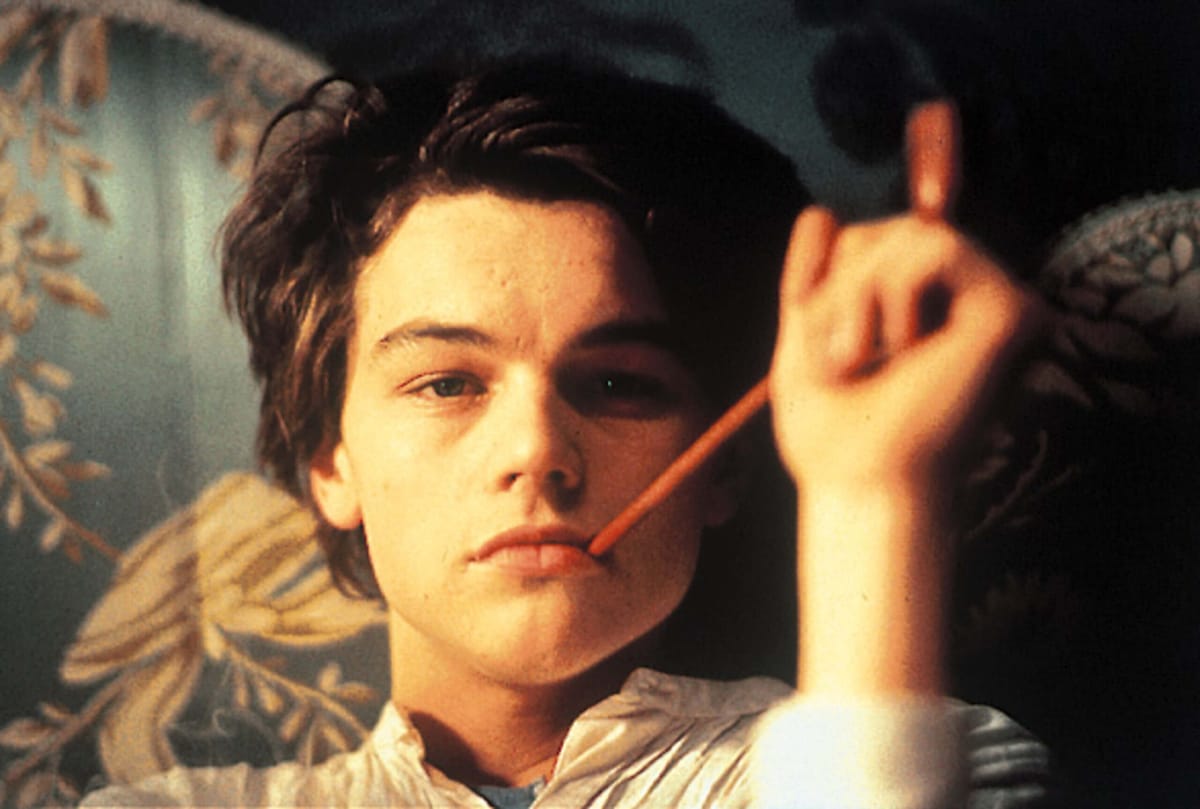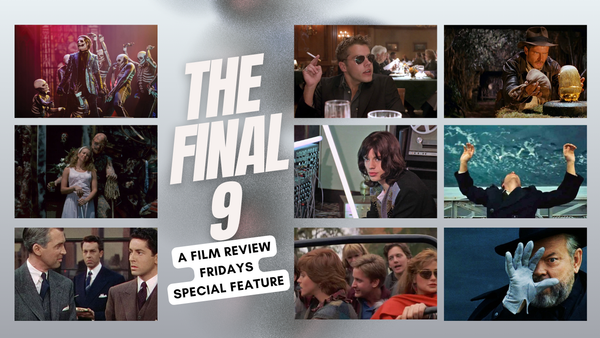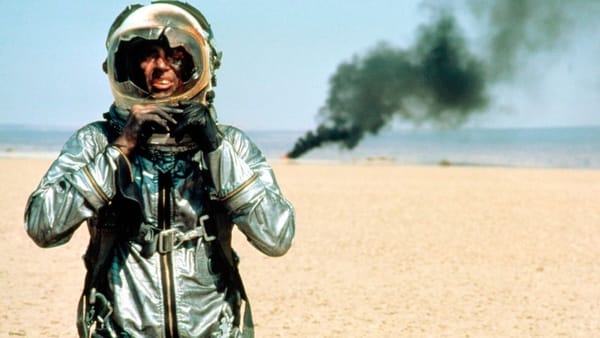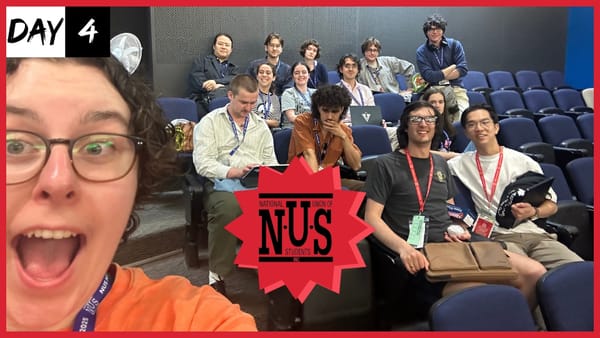Total Eclipse - Film Review Friday

If you read the first film review I ever wrote for the Tert, you’d know I spent an inordinate amount of my teenage years in love with River Phoenix. If you’re reading this one, you’ll learn that my preteen years were almost identical to the later ones, except that my 90s heartthrob of choice, then, was the one and only Leonardo DiCaprio.
If you have any familiarity at all with DiCaprio’s early film career, you may – rightly – be wondering if this was really the best obsession for a 12 year old only just discovering the internet to have. Indeed, many of the films he’s been in aren’t for the faint of heart – The Basketball Diaries? Don’s Plum? Total Eclipse? These aren’t easy watches.
They are, however, remarkable ones, and I’m grateful to my misguided DiCaprio infatuation for being, in a roundabout way, the key to not just my unlocking of real cinema, but also my discovery of a surprising number of the works of art that define me today. Perhaps the standout example is my awakening to the poetry of Arthur Rimbaud as a result of DiCaprio’s role in the film Total Eclipse – both film and poet are now among my very favourites.
In Total Eclipse, DiCaprio stars as Rimbaud. The film focuses on Rimbaud’s volatile relationship with fellow poet Paul Verlaine, examining their turbulent life together and Rimbaud’s eventual retirement from poetry at only 20, after which he settled in Ethiopia as an arms dealer before dying of cancer at 37. Although the story is propelled by its exploration of Rimbaud’s libertinous lifestyle, and does not offer much beyond a cursory insight into his visionary and transgressive poetry, it’s an enthralling and genuinely informative film the whole way through.
Indeed, one could argue that the film is better for not being about Rimbaud as a poet exclusively – there are enough books about that – as by giving us only a glimpse of his extraordinary writing, and grounding this in the most electrifying of lives, one is themself incited to investigate Rimbaud and his exceptional life. As well as providing context for the poet’s work, the film one-ups many other biographies of famous figures by being strikingly historically accurate. Although Total Eclipse admittedly has an advantage on other films on the grounds that no fiction could make Rimbaud’s story more dramatic, so no adaptation was really required for its cinematic manifestation, it nonetheless presents the events marvellously, and offers viewers an unforgettable journey through the extraordinary life of a figure whose impact is still felt today.
Having said that, I must acknowledge my earlier statement that this isn’t an easy film to watch. The characters are frankly loathsome people, and the film rarely lets up in its intensity. However, it’s a tribute to DiCaprio and David Thewlis (who plays Verlaine) that they can do such a convincing job in acting as to make their characters seem so unpalatable. As Verlaine, Thewlis is sly, pathetic and ignorant, while DiCaprio’s Rimbaud is obnoxious, manipulative and crass, and it’s a welcome change to the Hollywood mold to see a film so refuse to shy away from its characters flaws. Furthermore, the calmer supporting characters, such as Verlaine’s wife Mathilde (played by Romaine Bohringer), in any case help to balance the film out.
As such, Total Eclipse is without doubt a worthwhile watch. It’s a riveting and enlightening historical drama with an accomplished cast and, being as it is about Arthur Rimbaud, one of the most exciting storylines a film could hope for. Although I’d encourage viewers not to begin by watching the trailer – simply because said trailer is one of the most exquisite pieces of media I’ve ever encountered, and the film can’t help but fall slightly short of the dramatic expectations established in that – Total Eclipse is otherwise magnificent; I take comfort in knowing no matter how many years one gives over to obsessive Leonardo DiCaprio fandom, they can’t truly have been wasted when Total Eclipse – and, indirectly, Arthur Rimbaud – is the result.




